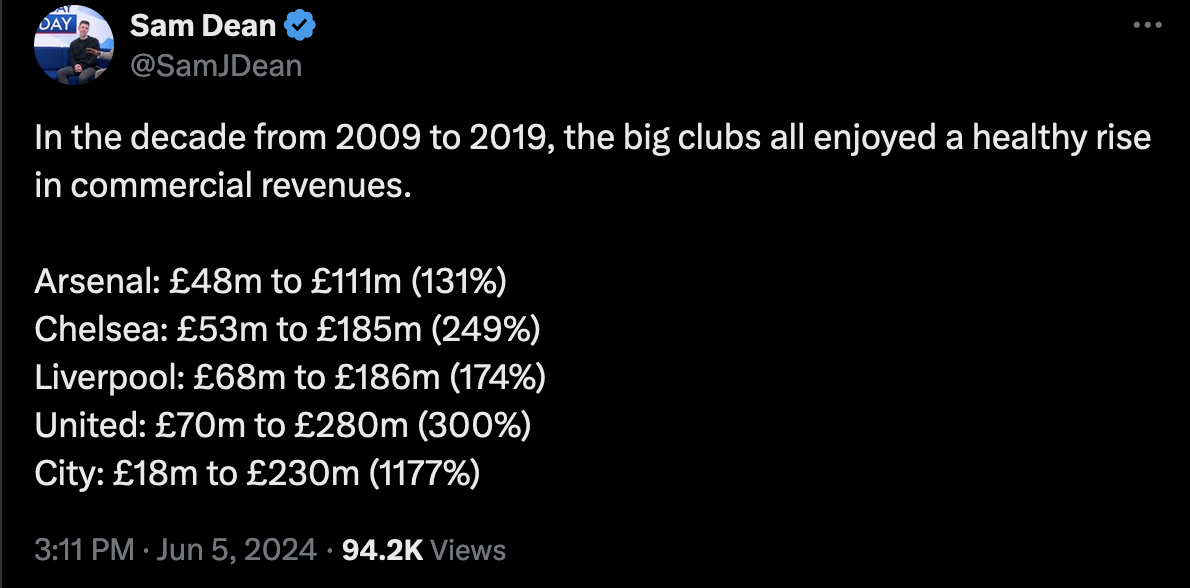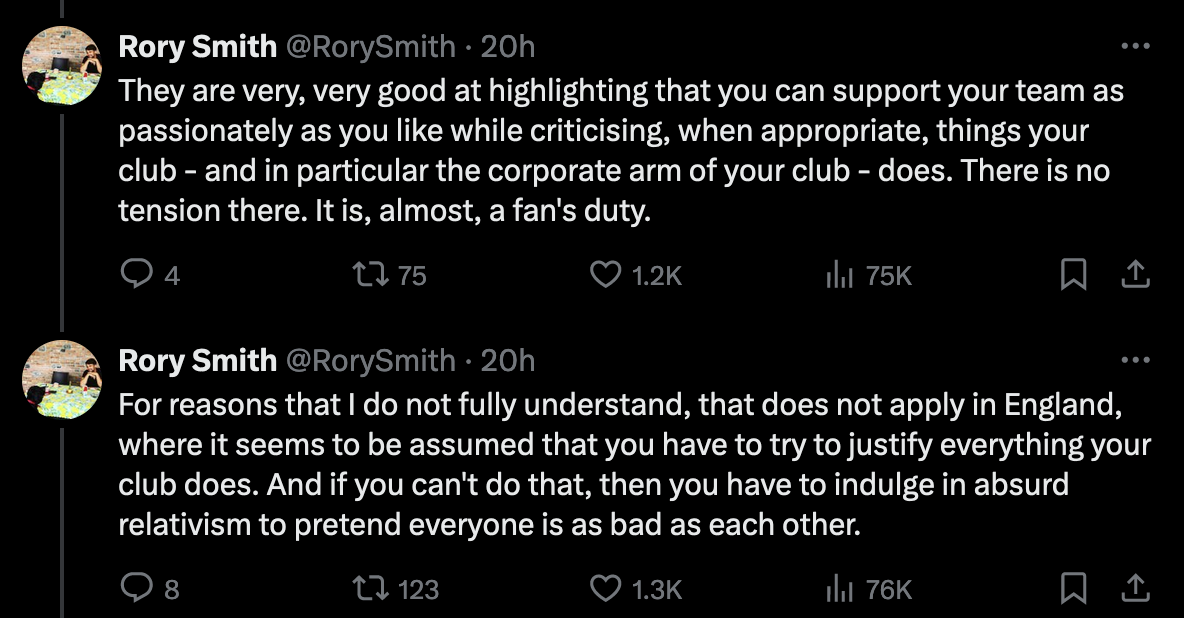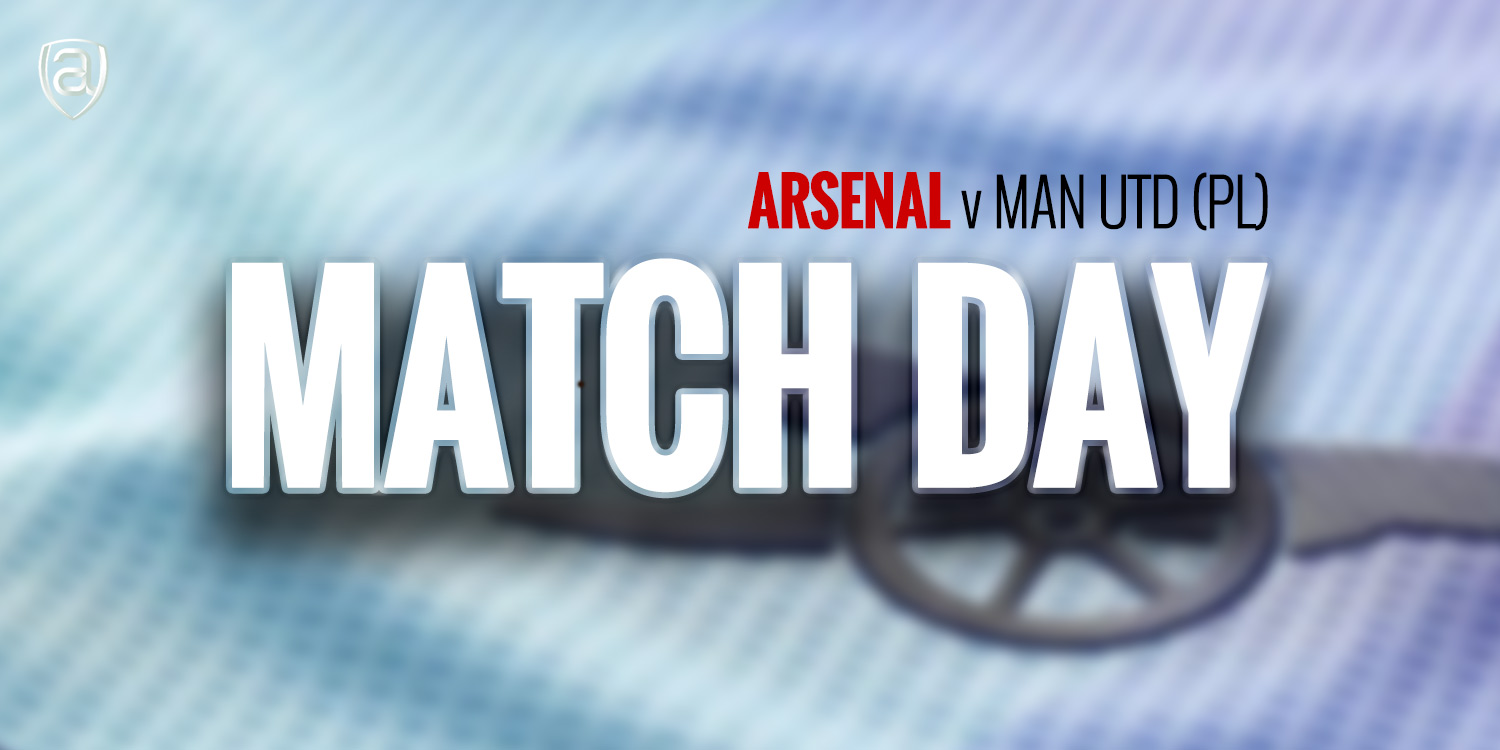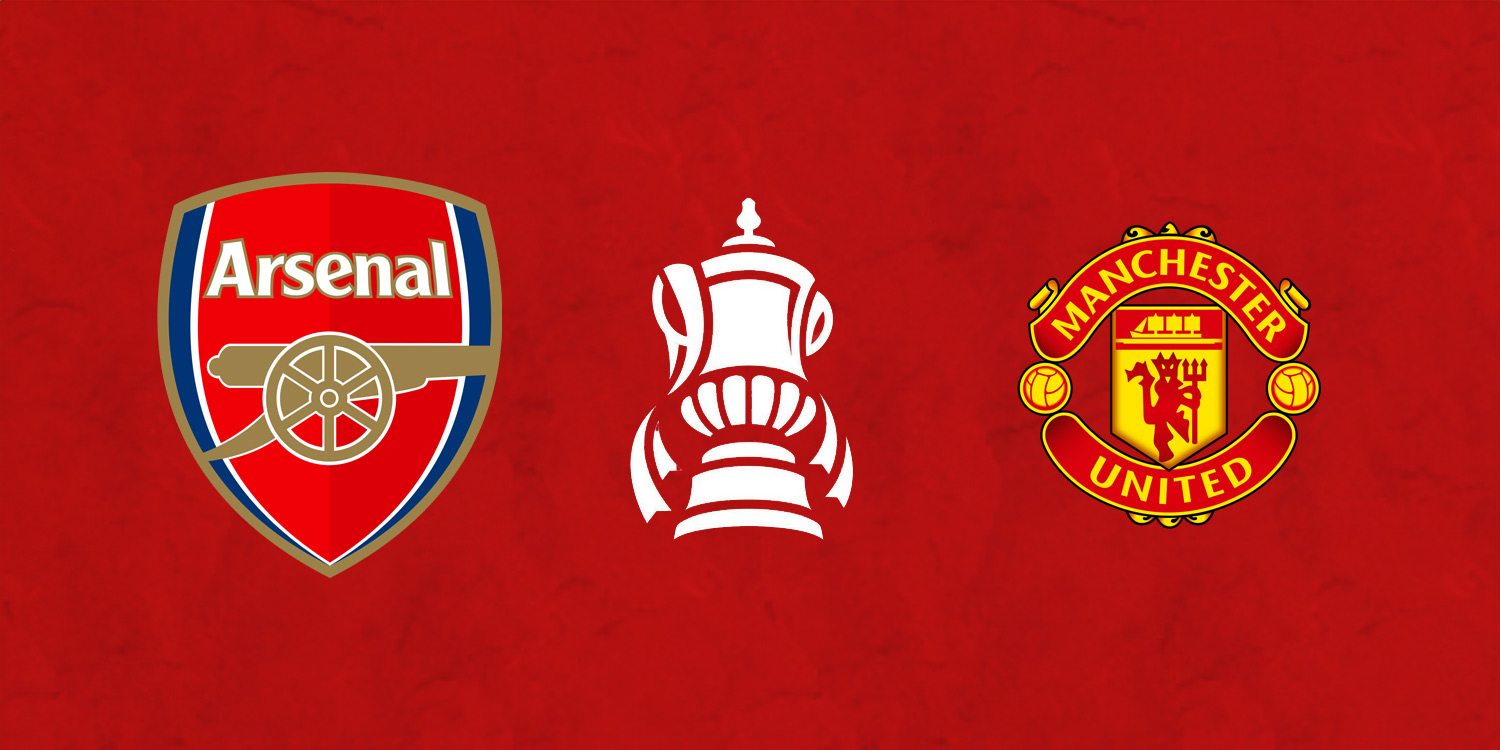ARTICLE AD

Morning.
Perhaps the last thing anyone needs this morning is to read more about Man City, but I do recommend this piece in The Guardian by Barney Ronay. He hits so many nails on so many heads it’s hard to pick out one bit, but I think this about sums it up:
There are no good elite football owners. Hedge funds and leveraged buyouts are their own kind of evil. But the basic question here seems ever more profound. Why, other than blind stupid greed, would anyone want a government to own a football club? Governments are not benevolent enterprises. The UK government sells arms and kills people to protect its own interests. The US government is an imperialist machine. What did we expect Abu Dhabi to do here exactly? Play nice?
And in the Independent, Miguel Delaney writes:
City signed up to the Premier League agreement where any decision requires a majority of 14 out of 20, and this is what their very owners bought into. Except, they are now deciding this shouldn’t apply to them and seeking that strategy beloved of the wealthiest: overwhelming the British legal system with more money than your opposition. And no one has more money than a state that controls up to 9 per cent of the global oil economy.
Perhaps this might become something of a watershed moment. Instead of City being viewed with a kind of passive disdain by so many football fans, the ability to dismiss their success as meaningless providing us with a kind of emotional force-field, they now become perceived as something far more malevolent. An entity that is worthy of active dislike, whether that’s in the stands home and away, or off the pitch when fans discuss what they are and what they do. The ‘Oh, it doesn’t matter if City win because it’s City’ is actually something that works in their favour, and has been part of their strategy all along.
They have an an obvious local history with Manchester United, and some years of competition with Liverpool and Arsenal, but would fans of either club classify it as an actual rivalry? It’s not like it was when we went head to head with United back in the 90s and early 2000s, and I suspect if you asked Liverpool fans which team they considered genuine rivals, City wouldn’t be top of that list (particularly as I saw lots of Liverpool fans rooting for them to beat us to the title this season, which seemed counter-intuitive to me, but there you go).
Maybe now, despite some vestiges of support from other clubs in the Premier League who for whatever reason are riding City’s coat-tails on this one, more people will see that this is an organisation that has been built to do exactly this: to strangle the competition in any way they can, in order to ensure their own success. And if that was done within the rules and only with sporting brilliance, that’s something we’d all have to accept, grudgingly or otherwise. But City have said the quiet part out loud, they don’t feel the rules should apply to them, and if the consequences of being told no are essentially a nuclear weapon that destroys the entire competition, that’s what they’re willing to drop.
Meanwhile, here’s a good thread on Twitter from Sam Dean (stuff doesn’t embed anymore because of the way the dickhead owner of that site has made a bollix of everything), but here’s the crux of it:
Even taking into account the lower bar City were starting from, and the fact that on-pitch success obviously drives commercial income, the increase of 1177% in the same period as all those other clubs really does stand out, doesn’t it? Draw a through-line between that increase and City’s dominance of the Premier League, which they won in 2018, 2019, 2021, 2022, 2023, and 2024. That kind of thing enables you to attract a player like Erling Haaland, whose transfer fee was – in the grand scheme of things – extremely affordable, but whose salary and bonuses and signing-on fee and all the rest are funded by this revenue stream.
1177%!
Finally for today, another good thread on Twitter, this time from Rory Smith, who cites Borussia Dortmund fans protesting against a sponsorship deal their club announced just before the Champions League final:
Football fans are increasingly asked to jump through mental hoops by the clubs they support. The cognitive dissonance required is, at times, testing – and we know it comes from the culture that has been fostered within and by the Premier League, that prioritises cash, income, revenue – of any kind – over common sense or basic morality at times.
The one time there was anything approaching a kind of collective opposition to something, the Super League idea was shot down very, very quickly, but I think that was as much to with how that idea was presented rather than the concept itself. You will, occasionally, see fan groups/trusts issue a joint statement over a ticketing or scheduling issue, but very rarely anything more than that. Maybe that’s something that needs to change, a kind of cooperation for the good of the game that transcends rivalries, but I feel a bit naive even writing that. Big up the FSA who do sterling work to try and bring people together in that regard, whose outlook is about the good of the game.
I don’t know what else to say really. So I’ll leave it there. Till tomorrow.
The post 1177% appeared first on Arseblog ... an Arsenal blog.

.png) 5 months ago
43
5 months ago
43 



